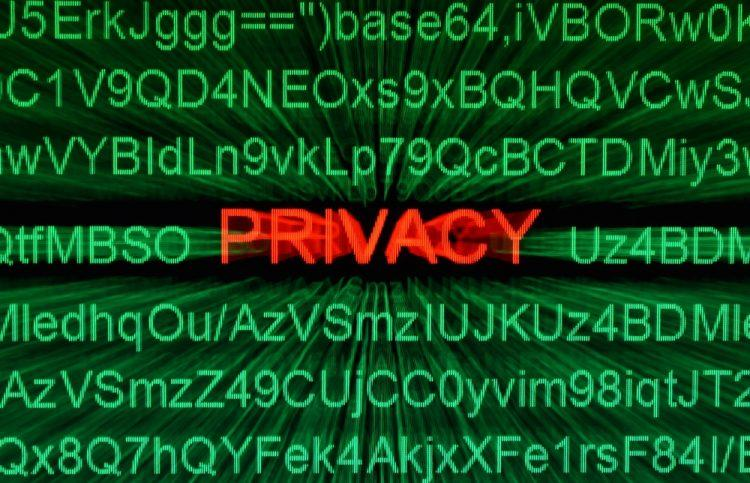Hackers Demand $7.5 Million in Monero After Telecom Argentina Breach
Reports have emerged that hackers are demanding $7.5 million in Monero following a cyberattack on Telecom Argentina S.A., a major telecommunications provider serving the northern region of the country. Anonymous sources claim the cyberattack has been ongoing since Wednesday.
Initially, employees attributed the poor performance of the IT infrastructure to system glitches. However, after investigations by the company’s technical support team, staff were instructed not to open files, avoid using email, and even disconnect terminals from the system.
“[Employees] had trouble accessing the corporate VPN, as well as the Siebel system, where they could access the Personal, Arnet, Telecom, and Fibertel databases.”
An analysis revealed that the attack began with an email attachment named “77os97-readme.”
This incident follows the recent Twitter hack, where attackers took over high-profile accounts to trick unsuspecting users into sending them Bitcoin. As a result, the spotlight is once again on cryptocurrency and its connection to crime—especially the role of privacy coins in facilitating illegal activity.
Hackers Demanded Monero to Stop the Cyberattack
Economist Alex Krüger posted a screenshot on Twitter today showing the hackers’ demands in exchange for ending the cyberattack. The screenshot lists a demand for 109,000 Monero, equivalent to $7.5 million, to be paid by July 21. Failure to pay by the deadline will result in the amount doubling.
The incident has sparked mixed reactions within the crypto community. Some see it as proof of Monero’s strength as the number one privacy coin, capable of protecting the identities of wrongdoers. Others view it as a bearish sign for cryptocurrencies in general, arguing it provides justification for further industry restrictions.
Even before this breach, privacy coins were under scrutiny for being the “criminals’ choice.” This latest incident gives authorities more leverage to introduce stricter regulations.
Balancing Freedom and Privacy
Privacy has returned to the forefront after the attack on Telecom Argentina S.A. The fact that hackers demanded Monero highlights just how little privacy exists in today’s world.
It serves as a reminder that “big tech,” in collaboration with governments worldwide, is working hard to infiltrate every aspect of our lives. Futurist Daniel Jeffries described the gradual shift toward a surveillance society, where cash is dead and privacy coins are our only means of achieving freedom.
“Your phone knows where you go, who your friends are, and what you want to buy before you do. Centralized digital money will know even more.”
His core argument is that the desire for privacy is not the same as criminal intent. Instead, he claims privacy is more about the freedom to have different opinions, all without oversight from those who disagree.
“None of us want our private lives broadcast to the world. Just as we don’t want neighbors peeking in our windows when we’re naked, or someone eavesdropping when we whisper sweet nothings to a loved one, we don’t want some cold bureaucrat or corporation anonymously tracking every second of every day of our lives.”
Therefore, calls to ban privacy coins are not as black-and-white as authorities might think. In fact, privacy coins may become the only way to preserve our freedoms in the future.



